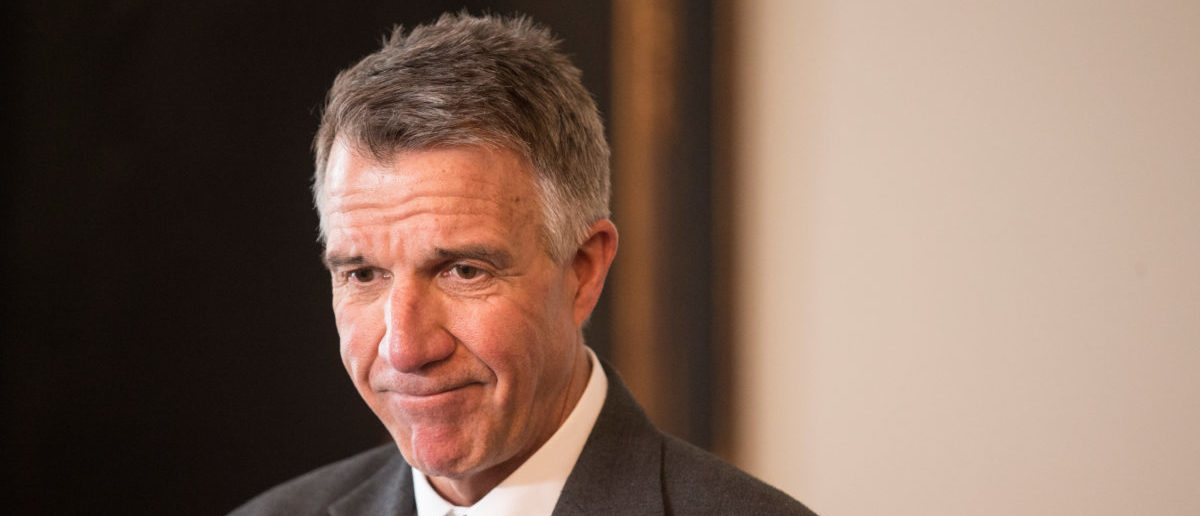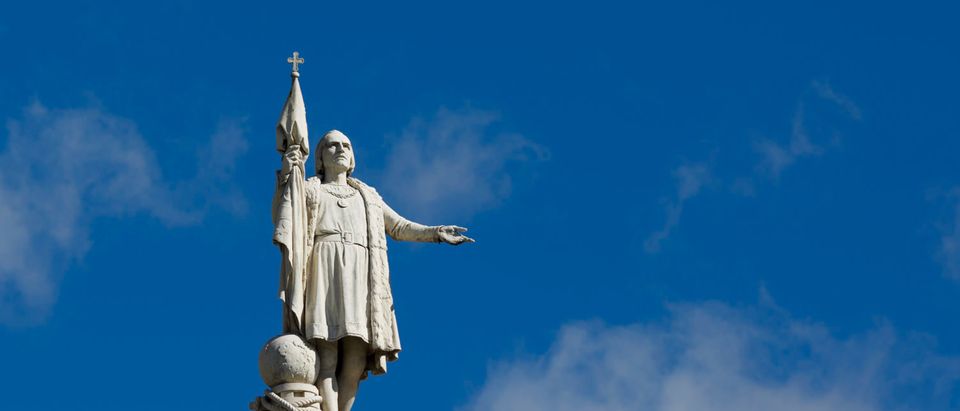Another Columbus Day has come and gone, and fewer cities and states are celebrating it.
Over 100 cities and states no longer recognize Columbus Day as an official holiday, as Christopher Columbus’ legacy continues to come under greater scrutiny. Washington D.C. became the latest major to rename the holiday to Indigenous Peoples’ Day last week, but who are some of the other cities and states to rename the holiday?
Wisconsin: Democratic Wisconsin Gov. Tony Evers signed an executive order Monday renaming Columbus Day Indigenous Peoples’ Day. However, the executive order did not ban cities and localities from observing the holiday, but ensured that the state would honor Indigenous people and Native Americans on the same day. (RELATED: Wisconsin Gov. Scott Walker Falls To Democratic Challenger Tony Evers)
Vermont: Vermont became the latest state to celebrate its first ever Indigenous Peoples’ Day after Republican Vermont Gov. Phil Scott signed a bill earlier this year to rename Columbus Day in the state.

Vermont governor Phil Scott speaks to the press in his offices at the State Legislature in Montpelier, Vermont, U.S., March 13, 2018. REUTERS/Christinne Muschi
Maine: Maine replaced Columbus Day with Indigenous Peoples Day after Democratic Gov. Janet Mills signed a bill into law in April, saying that “Our history is by no means perfect. But, for too long, it has been written and presented in a way that fails to acknowledge our shortcomings.”
New Mexico: New Mexico ended its celebrations of Columbus Day after Democratic Gov. Michelle Lujan-Grisham signed into law in April a bill that replaced the holiday with Indigenous Peoples’ Day. The bill passed the legislature with wide, bipartisan support.
Alaska: Alaska was one of the first states to jettison Columbus Day, renaming the holiday Indigenous Peoples Day in 2017. The state celebrated its third Indigenous Peoples Day on Monday.
California: The leading progressive state in the nation predictably joined in on renaming the holiday, with Democratic California Gov. Gavin Newsom proclaiming Monday Indigenous Peoples’ Day. “Instead of commemorating conquest today, we recognize resilience,” Newsom said.
South Dakota: South Dakota is one of two states (along with Vermont) that doesn’t recognize Columbus Day at all. Native Americans represent roughly 10% of the state’s population and the state has celebrated Native Americans’ Day since 1990.
Minnesota: Democratic Gov. Tim Walz signed a proclamation making Monday Indigenous Peoples’ Day In Minnesota. While Columbus Day is still officially recognized in the state as well, the proclamation made clear the government’s preference for Indigenous Peoples’ Day.
Oklahoma: Republican Gov. Kevin Stitt signed a law in April to combine Columbus Day and Native American Day, but did not officially end recognition of the former. Stitt’s predecessor Republican Gov. Mary Falin had vetoed a similar bill.
As states and cities increasingly rename Columbus Day, prominent politicians (especially on the left) continue to urge America to move past the holiday. Several 2020 presidential candidates including Democratic Massachusetts Sen. Elizabeth Warren wished their followers a happy Indigenous Peoples’ Day on Monday.
What do you think about renaming Columbus Day? Chime in with your thoughts in the comment section below.


